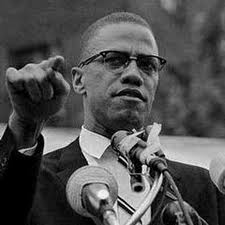Download the program here:
Internet Archive
Audioport (podcast)
 | ||
On Nov. 6, 2012 ballots will be cast, or not, for the 45th president of the United States. Throughout this presidential election cycle, activists have struggled and argued about the power of the ballot versus the power of organizing outside of the sanctioned political system. Education activists are aware of the deep injustices perpetuated by Obama’s education policies, the racism, the school to prison pipeline supported by high stakes testing that impact black, brown and poor students disproportionately, the land grabs and destruction of community schools, the undoing of teachers unions and the impact of the attack on teachers on the black middle class. Some who call themselves progressives argue that a vote for Obama is, while deeply inadequate, necessary to forestall greater harm. For many education activists, and others fighting for a just and truly democratic society, the choices presented by the ruling parties, the Democrats and the Republicans, are not a choice at all. For some, voting even if that vote is Green or Justice, is seen as an empty gesture at best and a manipulation at worst.
In 1964, Malcolm X told us that we were at a critical juncture in the fight for freedom. He was right about that. In July of that year President Johnson signed the Civil Rights Act. That summer, black and brown Americans in cities across the country took to the streets in confrontations with the racist police that oppressed their neighborhoods. The violence of the police state against poor, black and brown people is as bad as it was in 1964, with stop and frisk laws, high surveillance, and the mechanisms of the war on drugs incarcerating black men at seven times the rate of white men. In the past year we have seen the brutal tactics of militarized police used against Occupy encampments across the country. We see free speech limited to special zones, increasing poverty, and the blatant purchase of elections by the richest few. We stand again at a critical juncture in our history, where we know change is necessary for any chance of freedom and justice, and we must decide how to work toward that change. In the spirit of learning from our histories and fully engaging this essential question, Education Radio offers Malcolm X’s speech “The Ballot or the Bullet.”














